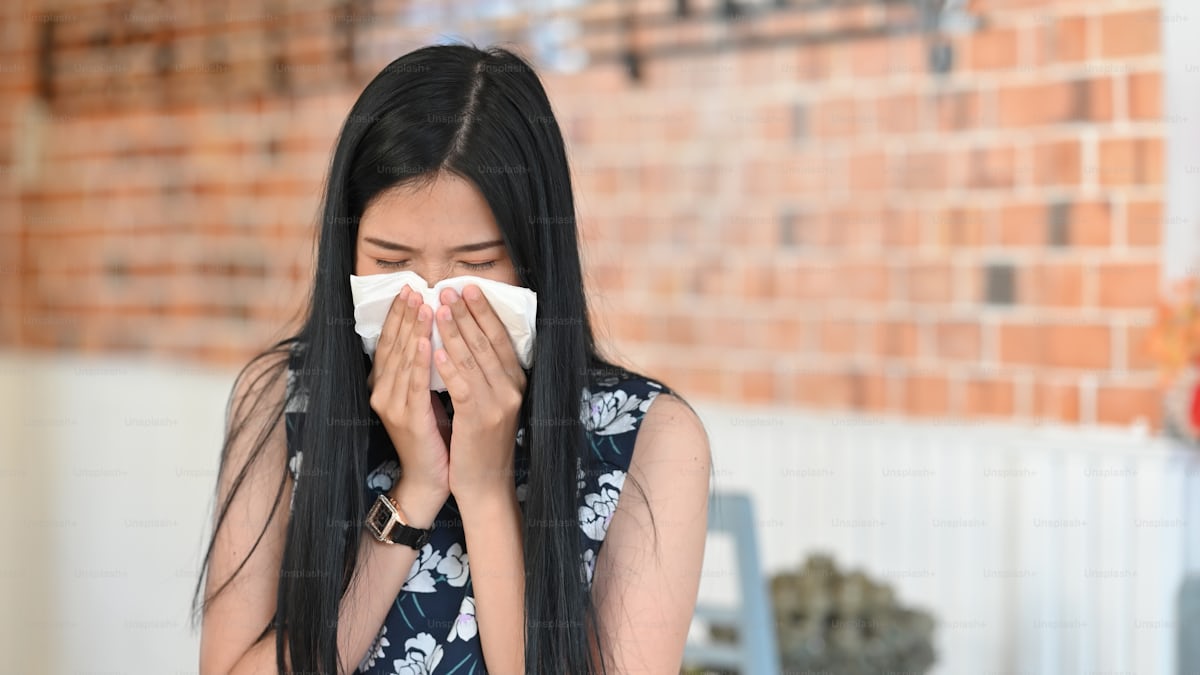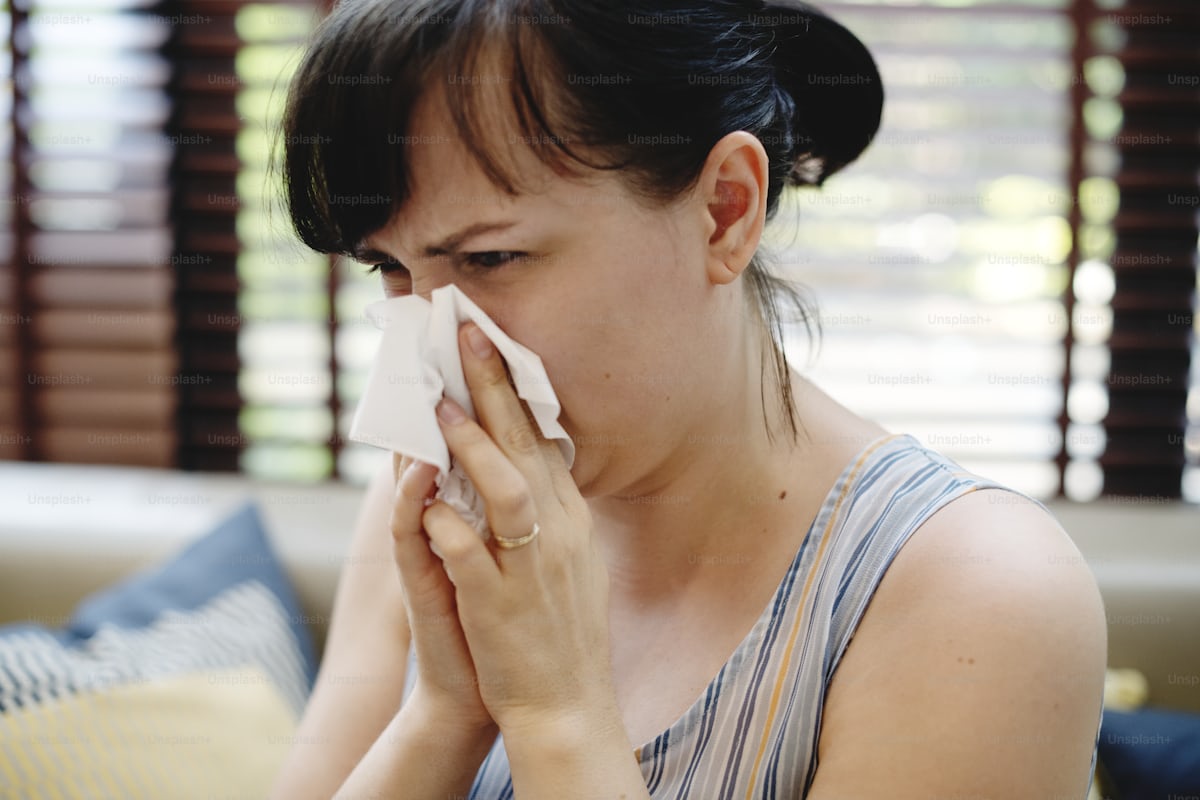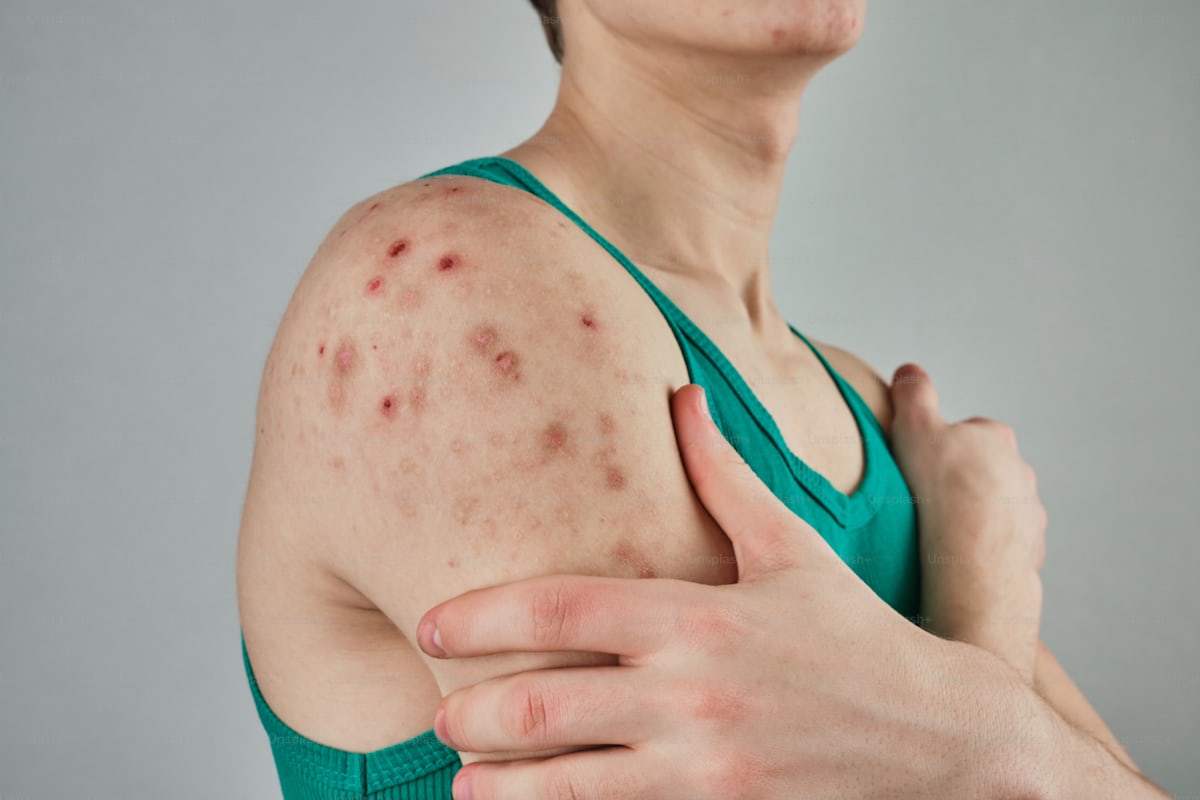Your immune system protects you from foreign invaders like viruses and bacteria. However, sometimes the immune system produces antibodies in response to something completely harmless, such as certain foods or drugs. Most allergies are not serious, just annoying. Symptoms often include itchy eyes, sneezing, and runny nose.
Medications and immunotherapy are used to treat allergies. Treatment depends on the allergen involved.
Medicines can help relieve allergy symptoms by suppressing the body’s immune system. Doctors may recommend over-the-counter or prescription medications to treat allergies.
Antihistamines are a major category of allergy medications. It can be used when allergic symptoms occur. It can be used to prevent allergies.
Decongestants can be used to treat nasal congestion caused by allergies. However, long-term use of decongestants may worsen symptoms and is not recommended.
Some types of allergies can cause skin reactions such as rashes and itching. Allergic itching can be treated with ointments and lotions. Keeps skin hydrated and protected from allergens. Calamine lotion can also be used to relieve itching.

Steroid medications can be used to reduce allergic inflammation. Steroids come in the form of creams, pills, nasal sprays, and eye drops.
Immunotherapy Severe allergic reactions unresponsive to conventional treatment can be treated with allergy immunotherapy. Allergen immunotherapy involves injecting allergen extracts into the body. It usually lasts for several years. Immunotherapy can also be given sublingually in the form of drops or tablets.
Anaphylaxis is a life-threatening allergic reaction. Anaphylaxis includes symptoms such as rash, swelling, difficulty breathing, vomiting, headache and low blood pressure. In a life-threatening allergic reaction, epinephrine is given as an emergency through a special injection. The following recommendations are highly recommended for allergy prevention in children born into at-risk families. HEPA (high efficiency particulate air) filter.
Pets can also be a major source of allergies. Dead skin, mucus and dried urine particles are the main allergens. If it is not possible to remove the pet, it is recommended to maintain cleanliness and hygiene. Confining them to a certain area of the house and preventing them from entering the bedroom also helps.
Mold spores can cause allergic reactions in some people. Mold can be removed by keeping the room dry and ventilated.Food allergies can be avoided by carefully checking the menu. Be careful when eating in restaurants.

Hay fever or pollen allergy occurs when trees and grasses release pollen into the air. Hay fever is also called allergic rhinitis. Hay fever usually occurs in spring and summer. Check weather reports for pollen counts and stay indoors if possible.
Ways to Stay Safe It’s always best to prevent a reaction, but sometimes, despite our best efforts, serious reactions occur. If you have a severe allergic reaction, here are some things you can do to help yourself:
Make sure your friends and family understand your allergies and what to do in an emergency.
Wear a medical bracelet that lists the types of allergies you have.
Don’t just do outdoor activities.
Carry an epinephrine auto-injector or bee sting kit.
Set a speed dial and keep your phone handy.
Food allergies can be difficult to deal with. Response scores range from mild depression to severe depression. Since there is no cure for this disease, people with food allergies should avoid the offending food.
These some tips will help you create a regular and organized routine:
Today, food labels contain important information about allergens, such as milk proteins or wheat byproducts, or whether the food was produced in a nut processing facility. However, if you’ve bought this product hundreds of times, you should still read every label. Manufacturers often change ingredients and allergens may be part of new formulas. Be careful while cooking.

Preventive nutrition wise to inform the manager or chef of your food allergies before ordering. People with food allergies often carry a chef’s card, a printed note that lists the ingredients they are allergic to and that all food, utensils, and preparation areas must be free of traces of those foods.
Write a list of what you will do if you accidentally eat food that causes an allergy and keep a copy of the plan.
Wear a medical ID bracelet to ensure you have important information about your food allergies. Always carry emergency medicine (EpiPen or TwinJet) with you if your doctor has prescribed it, and always have it ready in case of an emergency. Some people with food allergies also take antihistamines. Do not leave home without medication.
Reference
https://my.clevelandclinic.org/health/diseases/8610-allergies
https://www.news-medical.net/health/Treatment-and-Prevention-of-Allergies.aspx
https://www.healthline.com/health/tips-living-dangerous-allergies
https://www.webmd.com/allergies/allergy-symptoms
https://www.macombmedicalclinicpc.com/blog/simple-adjustments-you-can-make-to-reduce-allergies
https://aafa.org/allergies/prevent-allergies/
https://www.health.harvard.edu/healthbeat/6-tips-for-managing-food-allergies
https://www.bbc.com/future/article/20220719-can-you-prevent-childhood-allergies
https://allergyasthmanetwork.org/allergies/https://www.canada.ca/en/health-canada/services/food-allergies-intolerances/avoiding-allergens-food/tips-avoiding-common-allergens-food.html
https://redcliffelabs.com/myhealth/allergy/how-to-prevent-allergies-tips-for-a-healthy-symptom-free-life/
https://www.health.ny.gov/professionals/protocols_and_guidelines/docs/caring_for_students_with_life_threatening_allergies.pdfhttps://www.googleadservices.com/pagead/aclk?sa=L&ai=DChcSEwiYlerckKmJAxWFomYCHQt_PJ0YABAAGgJzbQ&ae=2&dsh=1&co=1&agsac=9V6-FGE85XQ&gclid=CjwKCAjwg-24BhB_EiwA1ZOx8u7PULRb9FgzTicXH_-hmKe_E7IRiV-JcMDahGjcZgs6lATz1l6G-xoCtjEQAvD_BwE&ohost=www.google.com&cid=CAESVeD21-kAz9fx62iizVk3U_pWBL6xXyhyJniy9_vfjiABYlloowymaYoqtbZlX1e2TauLKj9ZXkI_wgramvI1qRf6kaTyHX4clLqUSt-O7yHdgbHCu8Y&sig=AOD64_1lrNrIYKxrG2Ig7F4MpHmceU7RRg&q&adurl&ved=2ahUKEwjEi-PckKmJAxV0SGcHHROJHk04FBDRDHoECAIQAQ&ms=CoACR9nVW11X-ektV-EtnEyuWzZUzqrHYucc5s15KGlCd4ThqqxOaxASQL8HrX347not9ydbkS4lfvZNnzhikhtRRYNTBxAs3MOz2uUzPpQeNUu2maMjBc3CdMz6lWcP_MG3-QCSLtN-KPCUNep49uxx-IwAIvMpzoO99kBmk8EkyxrRq5ZL2lDLpmggKABFKqf5czpDt6YWnDcmOeLeTbe4Id1jxsfbXM2zs12T4SplAw_dnVLTC-MzJqmM0JaxFf9zcJ3oYeuSmttRf_No_mD9QHYScXCT1zPbW4XLL0jPfFy4fJKk9SjvSjOJvi3RJJFjurp9-ME-kmEN1KqEcsIEjwqAAu6tGmimFknAWOmtD7YzZeAYS0S7Nm3-LvI5ISLgc0QDHwJDZ5isRuOmRTa463HI3iaqFn701mLjmNcdTwQt3wlb0lHoxhZJBDIKP6bCA4CUFpA3o2lpMcMLkSF1cxKkkaG0u6Z4dQykTfhJ-XWCb5vcqz9kf_aiXirHPDKF-lWcOKHFytMPgZUrN1RXT4JhOhmbxhFcHJCBMOJPHmeOMl7mxT0Z5Z6ic_NA_Uz-KtH7Rx2wdagORgUWtwlJWs_kr7cvFLqyvhNXoX2plQ_Hof7_yBV2fxbpix0qh1csDYW6Fc98OgalYPrM7Co_PwhDR0l5HgqI6PyRYgCIP7iEoQ8SEFyPqV0DpSWPCg97VY1ewKQ&dct=1
 using WordPress and
using WordPress and
Comments are closed